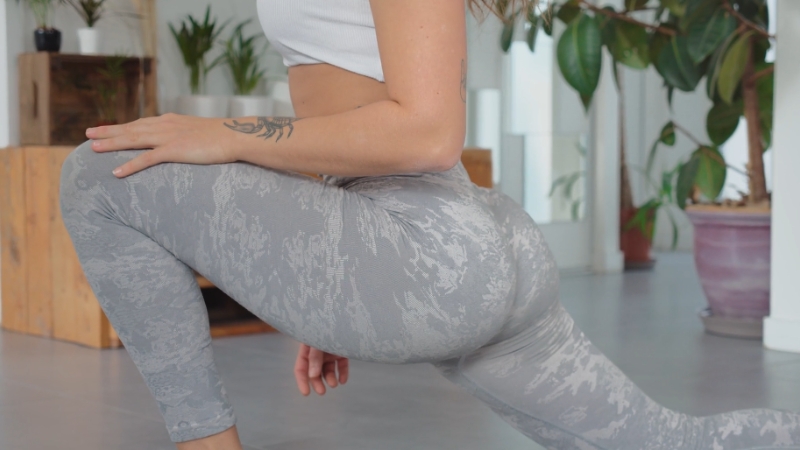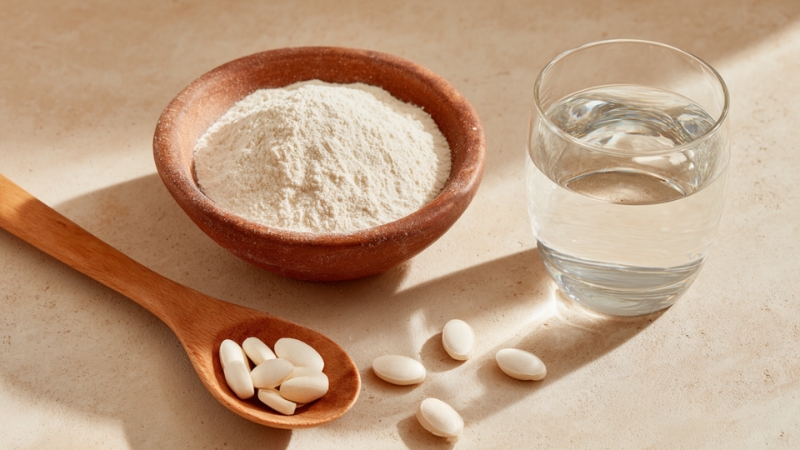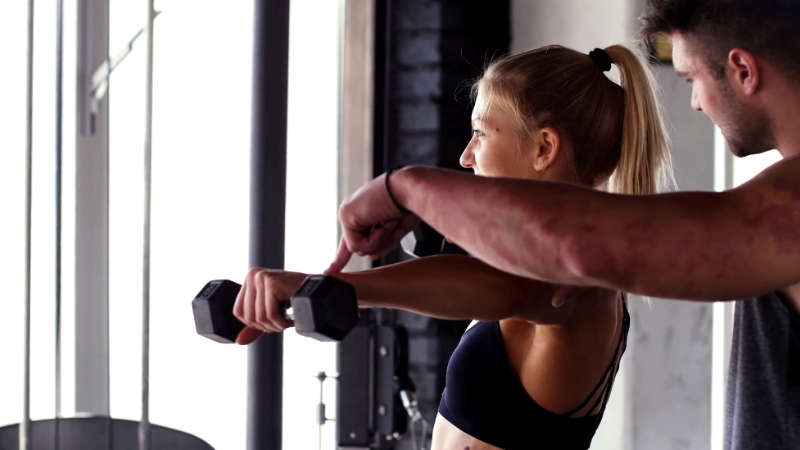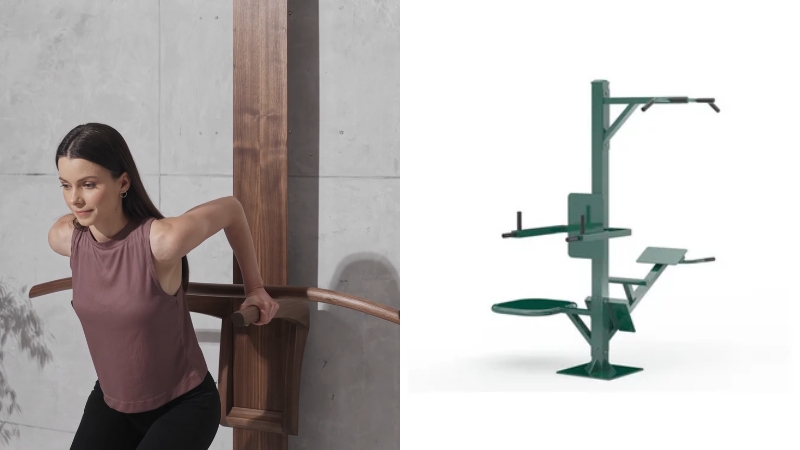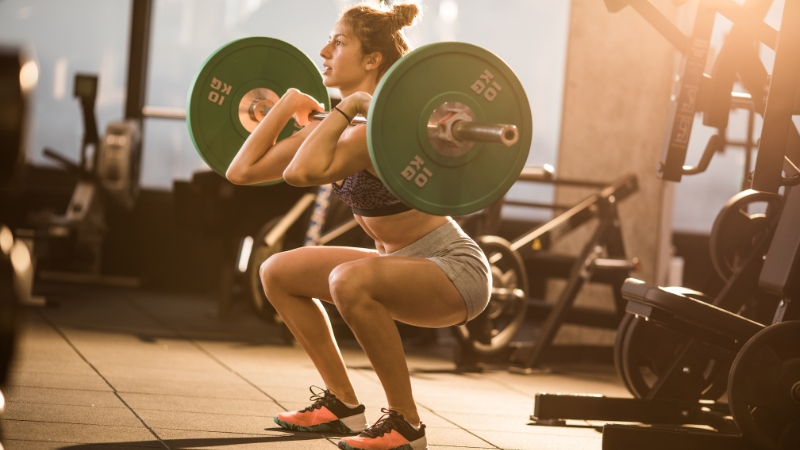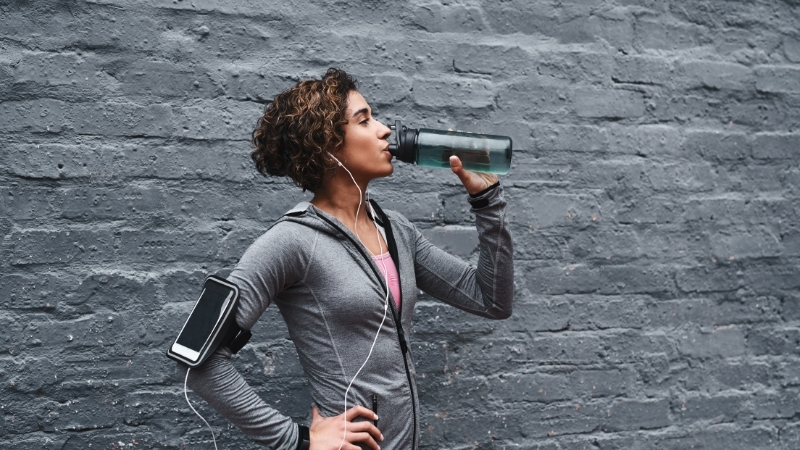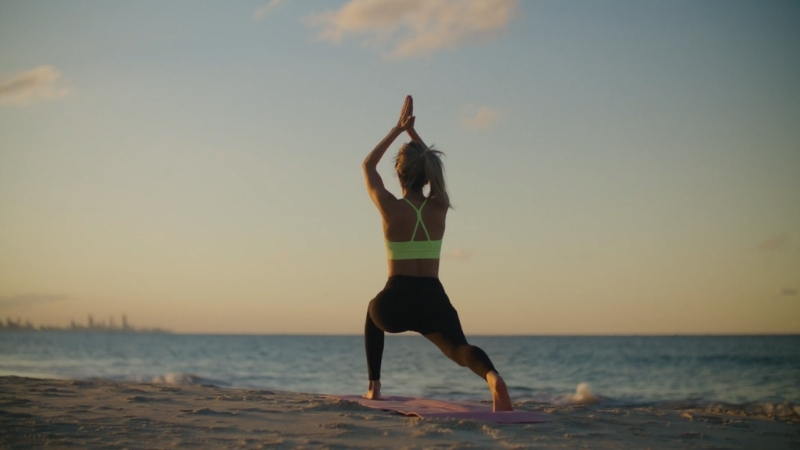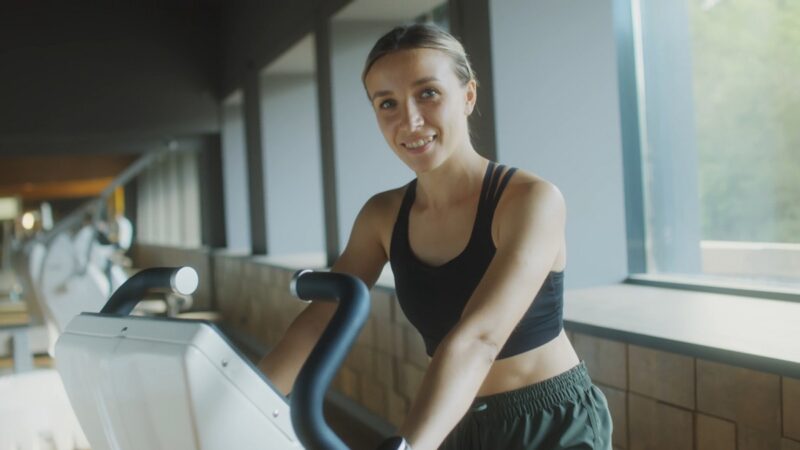
Share Post:
Staying lean takes more than just eating right. The right cardio workouts make all the difference.
Models do not waste time on boring routines that do nothing. They stick to workouts that actually work—ones that burn fat, shape muscles, and keep their bodies looking strong without getting bulky.
Nobody wants to spend hours on a treadmill just to see no results. The key is doing workouts that push the body in the right way.
The following cardio workouts keep things simple but effective.
1. Boxing

Boxing pushes the body to work hard while keeping things exciting. Models love it because it tones muscles, burns fat, and builds endurance without making them bulky. Every punch engages the arms, shoulders, and core, while footwork keeps the legs strong and agile. It is a full-body workout that never feels repetitive.
Throwing punches, dodging, and moving around keeps the heart rate up. Unlike running or cycling, boxing works both strength and cardio at the same time. It builds muscle definition without adding bulk, which is why so many people stick with it. The movements force the body to stay light and quick, improving coordination and reaction time.
As Sam Hopes explains in her article in Tom’s Guide, boxing can burn up to 800 an hour.
Getting Started
No need for a boxing ring or a full gym setup. A few basics are enough:
- Gloves for protection and grip
- A punching bag to build power and endurance
- Jump rope for speed and footwork
- Shadowboxing for technique and control
A personal kickboxing coach for beginners can also make a difference by teaching proper form and technique early on. The benefit of learning some kickboxing moves is that you will put more pressure on your legs.
2. High-Intensity Interval Training (HIIT)
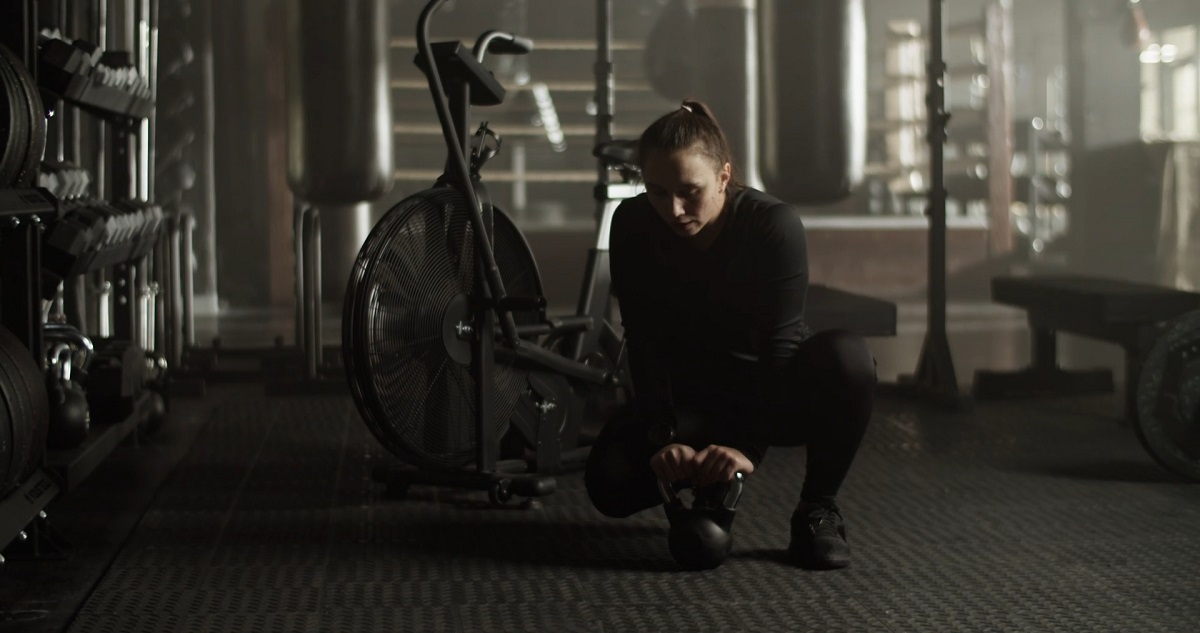
HIIT is one of the most effective cardio workouts for burning fat and building endurance. It combines short bursts of intense activity with brief rest periods, making it highly efficient for fat loss and muscle definition.
It is known for its ability to keep the metabolism elevated even after a workout, meaning you continue to burn fat for hours.
According to EliteSports, 30 minutes of high-intensity training can burn up to 425 calories.
You can combine it with a variety of exercises—sprints, cycling, bodyweight exercises, or even jumping jacks. This versatility makes it easy to mix things up and keep it interesting.
Getting Started
You don’t need a gym or fancy equipment to get started with HIIT. All you need is your body and the right mindset.
Start with a simple warm-up, then pick a few exercises—like squats, push-ups, or burpees. Aim for 30-45 seconds of full effort, followed by 15-30 seconds of rest. Repeat for 15-30 minutes.
Why It Works
HIIT works because it pushes the body to its limits, forcing it to burn fat and build strength quickly. The intensity challenges the cardiovascular system, and the recovery periods ensure that you’re getting maximum fat-burning benefits.
Unlike traditional cardio, HIIT can be done in a fraction of the time, making it perfect for busy schedules.
3. Running

Running is one of the simplest yet most effective cardio workouts. It burns calories fast, builds strong, lean legs, and improves overall endurance. Running outside or on a treadmill engages the whole body while boosting metabolism.
The best part is that you don’t need any fancy equipment. Lace up your shoes, and you’re ready to go. Adjust your pace and intensity to match your goals, making it easy to adapt whether you’re a beginner or more advanced.
Data found on RunRepeat suggest that you can burn over 900 calories per hour, depending on the intensity of running and terrain.
If you’re new to running, start with short sessions and gradually increase your distance. Focus on maintaining a steady pace and good form. As you improve, add intervals of faster running or increase your overall time.
4. Jump Rope

Jump rope is an incredible cardio workout that engages the whole body and burns fat fast.
It’s not just for kids on playgrounds; models use it to build coordination, endurance, and strength.
With every jump, you’re working your legs, core, and arms, making it an efficient and quick way to stay lean.
One of the best things about jump rope is how portable and inexpensive it is. All you need is a rope, and you can take it anywhere. It’s also an excellent workout for those with limited time. Even just 10 minutes of jump rope can give you a solid cardio session.
A half-hour session can burn up to 600 calories.
If you’re new to jump rope, focus on keeping your jumps light and quick. Start with shorter sessions and aim to gradually increase the time. Once comfortable, experiment with different techniques, such as high knees or double-unders, to add intensity.
5. Rowing
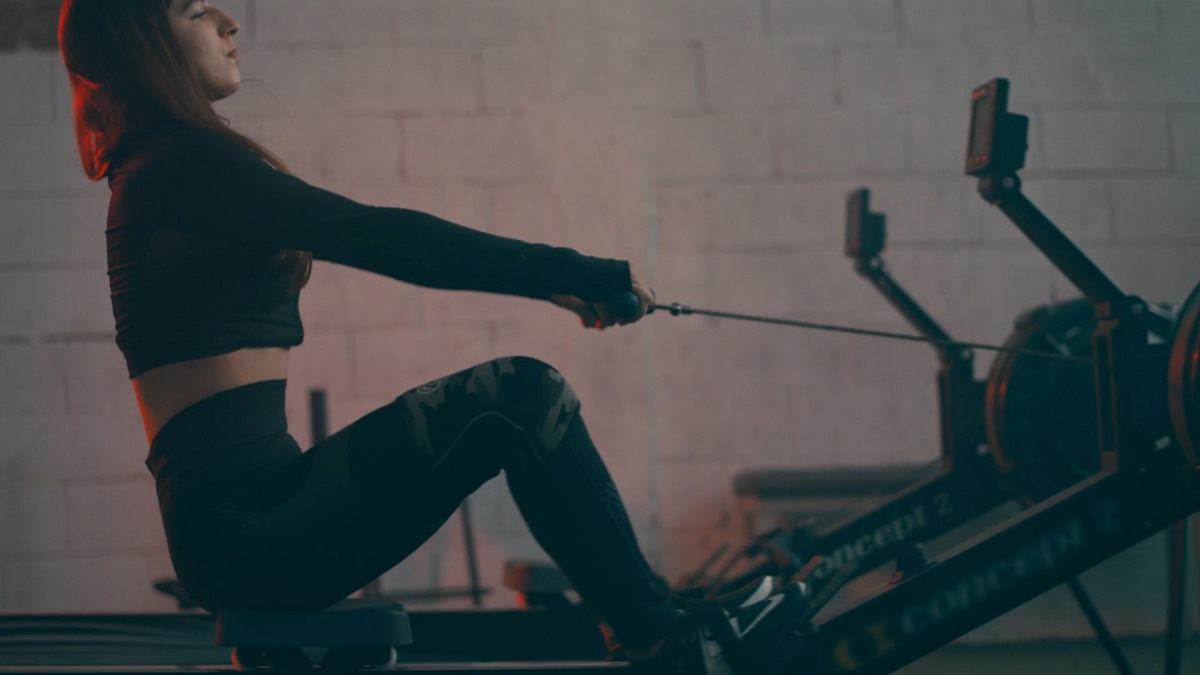
One of the great things about rowing is that it’s low-impact. Unlike running or jumping, it puts minimal stress on the joints, making it suitable for anyone, regardless of fitness level. It also allows you to easily adjust the resistance, which means you can control the intensity based on your fitness goals.
An average person can burn around 300 calories during a 30-minute session.
Focus on your form when using the rowing machine. Ensure that you push with your legs first, then lean back slightly and pull with your arms. Start with shorter sessions and gradually increase time and resistance as your strength and endurance improve.
6. Stair Climbing
It targets the glutes, calves, and thighs, while also giving you an excellent cardio workout. Many models use stairs to improve endurance, burn fat, and shape their legs.
What makes stair climbing so great is its simplicity and accessibility. You don’t need any special equipment, and you can do it anywhere with a set of stairs. It’s also low-impact, so it’s easier on the joints compared to running or jumping.
You can burn over 200 calories during a 30-minute session.
Begin by walking up the stairs at a steady pace to build stamina. Once you’re comfortable, increase intensity by running up the stairs or alternating between fast and slow intervals. You can also add exercises like step-ups or calf raises for a more challenging routine.
7. Reformer Pilates
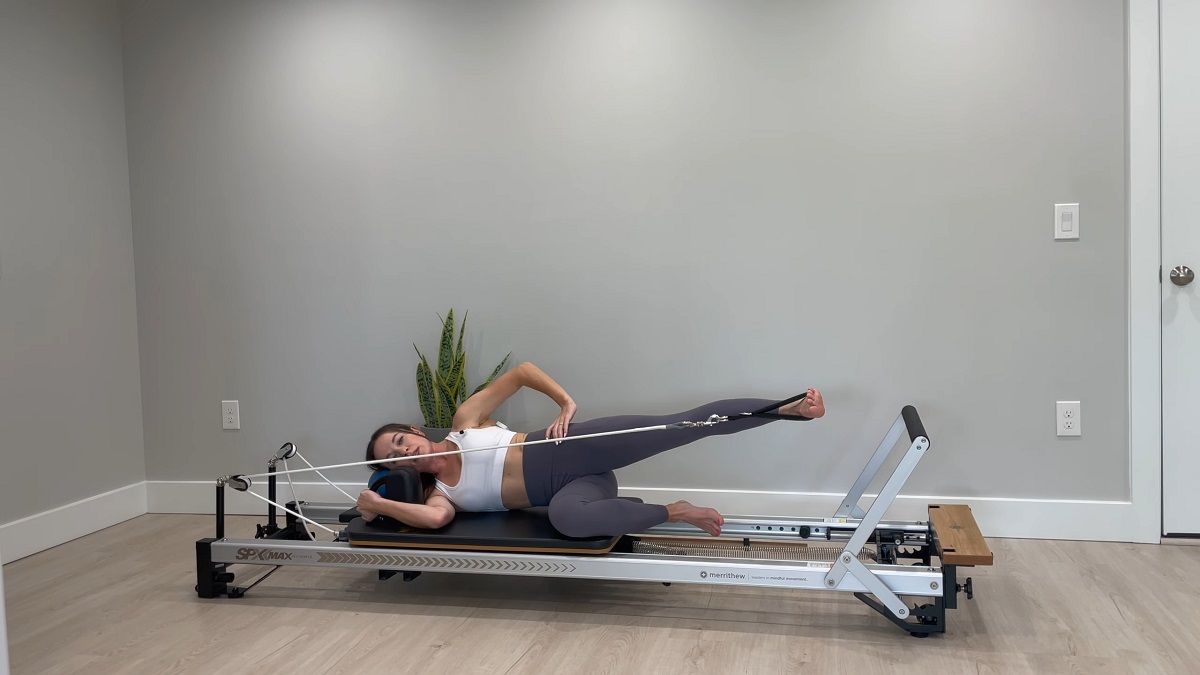
Using the reformer machine, you perform controlled movements that target specific muscle groups, helping to sculpt a lean, toned body without adding bulk. Reformer Pilates focuses on controlled, precise movements, making it a great way to improve both mental and physical health.
The resistance provided by the machine adds intensity while being easy on the joints, which is why it’s ideal for people looking for a more mindful and effective workout.
With this exercise, a 150-pound person can burn up to 220 calories in an hour
If you’re new to Reformer Pilates, start with a class or trainer to learn the basics of proper form. Focus on controlled breathing and alignment during each movement. Over time, you can adjust the resistance to challenge your muscles and make the workout more intense.
FAQs
1. How often should I do cardio workouts to see results?
To see visible results, aim for 3 to 5 cardio sessions per week. Consistency is key, and mixing in high-intensity exercises with steady-paced ones will help you burn fat and increase endurance.
2. Can I do cardio workouts on the same day as weightlifting?
Yes, combining cardio and weightlifting works well, as long as you listen to your body. If you’re focusing on fat loss, you may want to do cardio after weightlifting to avoid depleting energy for strength exercises.
3. Can I do jump rope daily?
Jump rope is low-impact on the joints, but doing it every day can put stress on your calves and ankles. Start with 3 to 4 sessions per week and adjust as your stamina builds.
4. How do I know if I’m doing HIIT correctly?
The key to HIIT is pushing yourself hard during the intense intervals and fully recovering during rest periods. If you’re not feeling challenged during the high-intensity portions, it’s time to increase the effort or duration.
5. Will stair climbing tone my legs?
Yes, stair climbing is highly effective at toning the legs, especially the glutes, calves, and thighs. Regular stair climbing helps build endurance while tightening and shaping those areas.
Last Words
Stick with what works and keep it simple. Cardio workouts are about staying active and consistent. Don’t overcomplicate things. Just keep moving, challenge yourself, and the results will come.
Related Posts:
- Should You Lift Weights to Get Lean? What Works for…
- Supermodel Cardio Secrets – The Workouts That Keep…
- Top 12 Exercises That Help Women Over 40 Stay Lean…
- Top 50 Female Fitness Models in 2025 (And Why You…
- 8 Anti-Aging Workouts That Keep You Strong and Lean After 40
- Top 8 Low-Impact Cardio Exercises for Bad Knees



